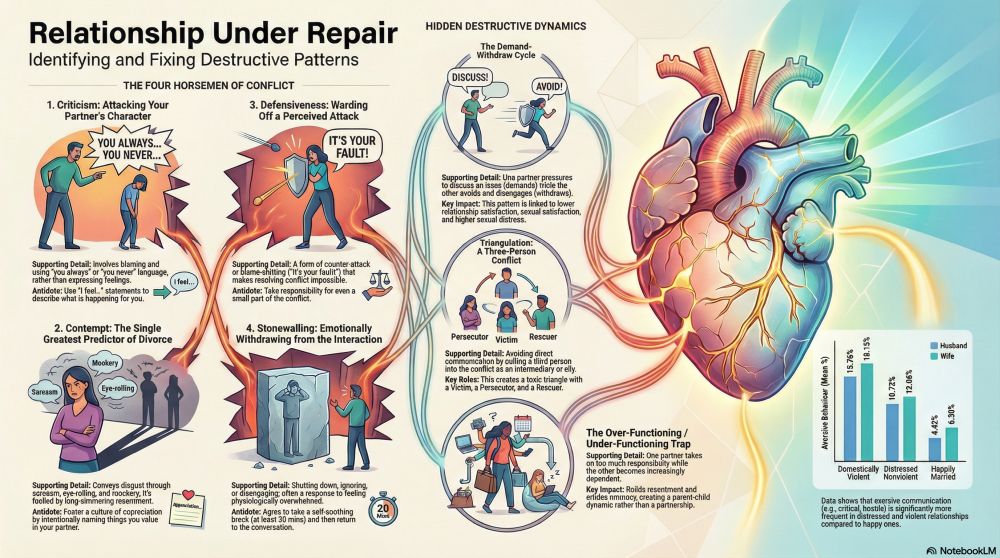Long-distance relationships can be successful and satisfying when partners use intentional strategies to maintain connection, trust, and intimacy. Core elements include frequent, high-quality communication, emotional openness, deliberate maintenance behaviours, and future planning.
Communication Strategies
- Frequent and Responsive Communication: Regular texting, voice, and video calls help maintain emotional closeness, especially in LDRs.
- Quality Over Quantity: The depth and emotional honesty of conversations matter more than how often they occur.
- Digital Tools: Using media, scheduled calls, and digital platforms bridges the distance and enhances connection.
- Shared Routines: Watching the same show, cooking “together,” or gaming online helps simulate shared experiences and routine.
- Honest Emotional Sharing: Regular check-ins on mood, stress, and feelings reduce misunderstandings and build trust.
Relationship Maintenance Behaviours
- Intentional Maintenance: LDR partners often engage in consistent efforts like shared online activities and planning in-person visits to sustain intimacy.
- Sexual Intimacy: Virtual sexual connection helps, but many still value periodic in-person sexual activity to maintain satisfaction.
- Positivity and Reassurance: Expressing appreciation, affection, and confidence in the relationship directly predicts stability.
- Supportive Independence: Encouraging each other’s goals and friendships prevents resentment and fosters personal growth.
Planning and Managing Uncertainty
- Making Plans: Planning future visits or shared goals reduces uncertainty and reinforces commitment.
- Commitment and Resilience: Strong commitment, mutual support, and adaptable coping strategies help couples maintain stability and satisfaction.
- Clear End Goals: Couples with a known timeline or plan to close the distance report 22% higher satisfaction and 30% lower breakup risk.
- Expectation Management: Discussing visit frequency, contact patterns, and future logistics avoids mismatched assumptions.
Key Predictors of LDR Success
- Trust Levels: Trust is the single strongest predictor of satisfaction and longevity in long-distance relationships.
- Secure Attachment: Partners with secure attachment styles report higher stability and lower anxiety despite distance.
- Optimism and Coping Skills: Positive expectations and proactive coping (not avoidance) improve resilience.
- Visit Frequency: Seeing each other at least once every 1–3 months correlates with higher satisfaction.
- Shared Future Orientation: Talking about and planning a shared future significantly strengthens connection and commitment.
Bottom Line
Long-distance relationships work when both partners stay intentional: communicate deeply, plan consistently, and trust fully. It’s not the miles that matter — it’s the mindset, maintenance, and shared purpose that determine success.


